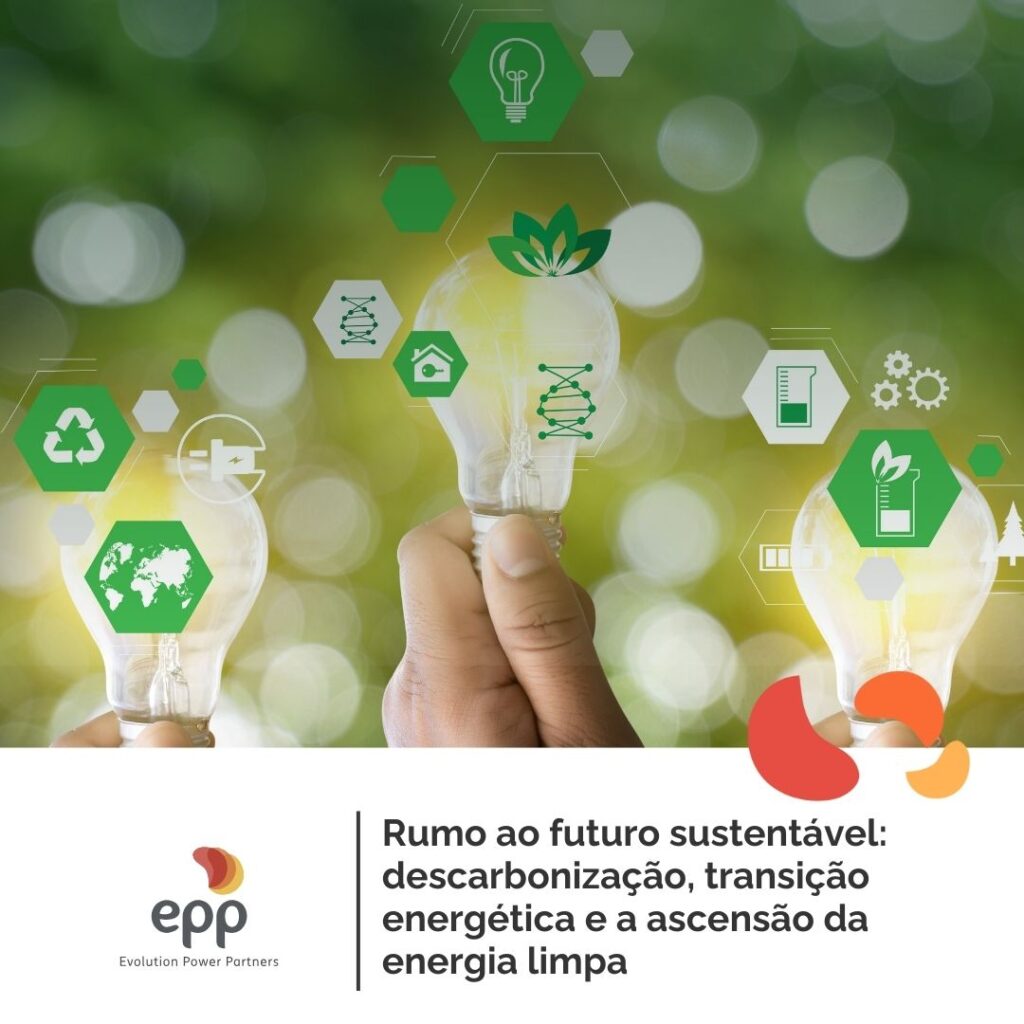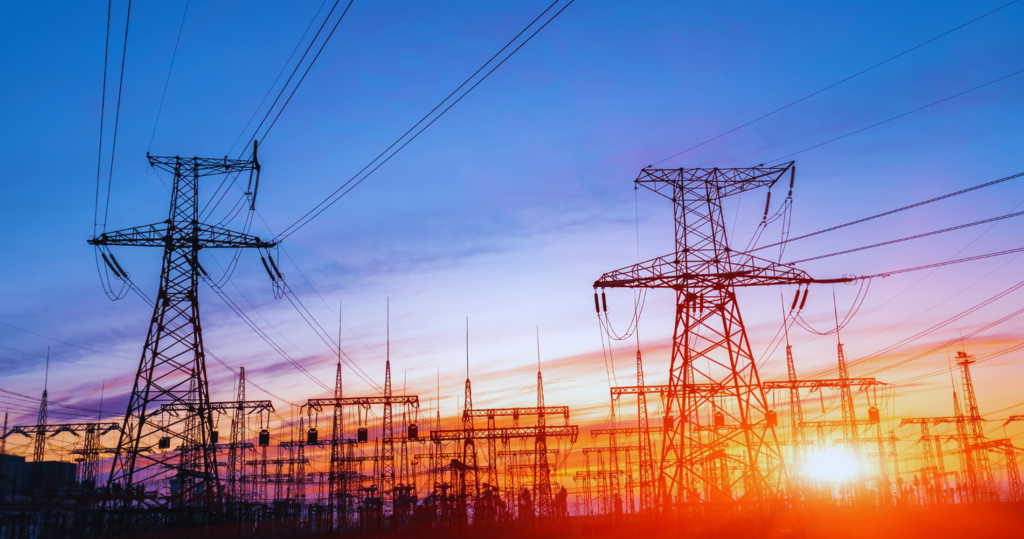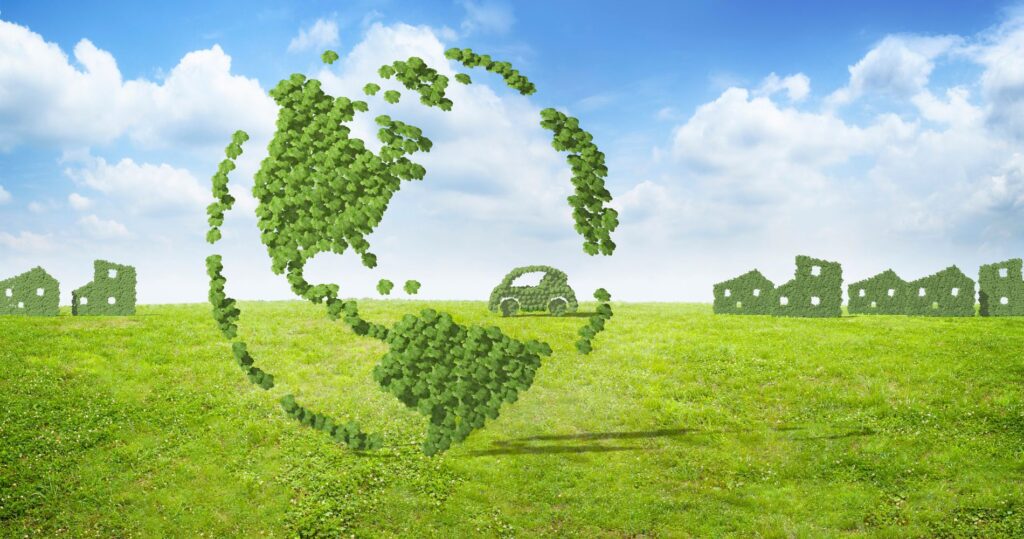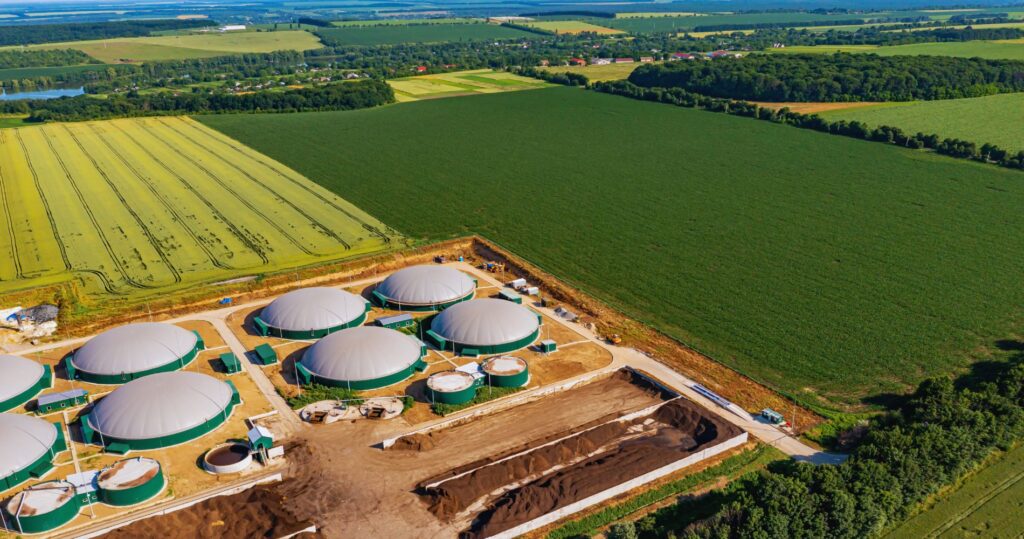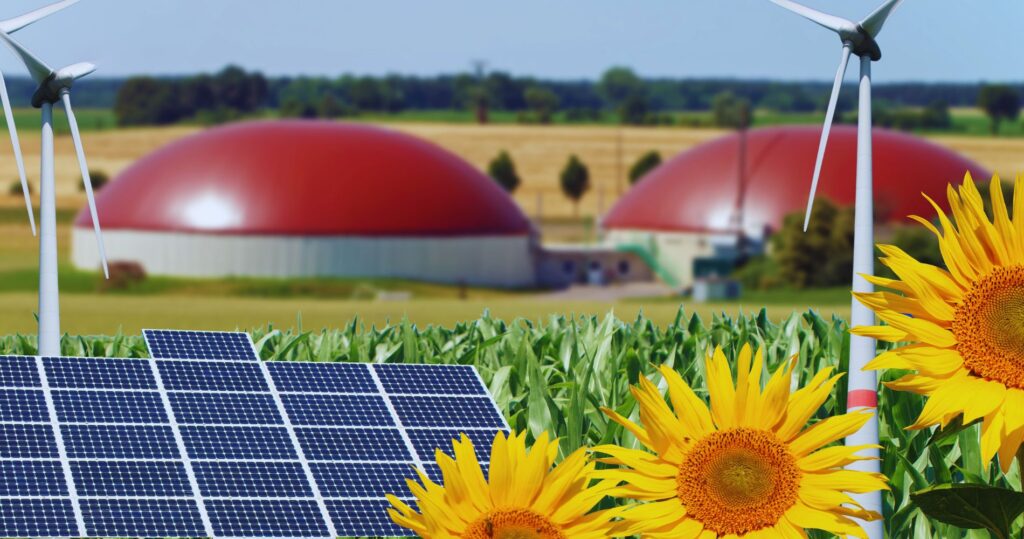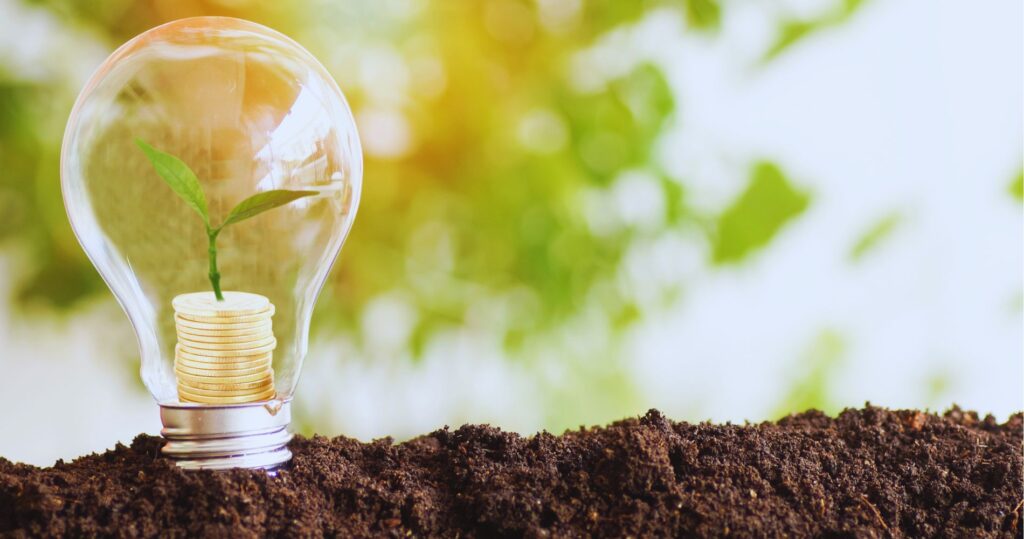Climate change represents one of the greatest global challenges of the 21st century, directly affecting ecosystems and human life. The energy transition emerges as a crucial response, aiming to replace energy sources that exacerbate the problem with sustainable alternatives. This article deeply explores the interactions between these two phenomena, highlighting the importance of coordinated and […]
In a world increasingly aware of the impacts of climate change, decarbonization, energy transition, and the adoption of clean energy are key concepts. Decarbonization refers to reducing or eliminating carbon dioxide (CO2) emissions in production and energy processes, a necessary step to combat global warming. The energy transition involves shifting from fossil fuel-based energy sources to renewable alternatives, such as solar and wind, which have a much smaller environmental impact. Clean energy, which encompasses these renewable sources, is vital for a sustainable future and is central to global climate policy discussions.
As the world becomes more aware of the environmental and social impacts of its actions, the Brazilian logistics sector is at the forefront of adopting ESG (Environmental, Social, and Governance) practices. This article addresses the innovations and challenges faced by the sector, with a special look at the contribution of sustainable initiatives such as the use of biomethane.
Today, December 1st, Brazil began its term as president of the G20, the influential group that brings together the nineteen main global economies, in addition to the European Union and the African Union. This period of leadership, which will last until November 30, 2024, marks the first time that the country has held such a position. During this year, Brazil's priority focus is to promote the transition to sustainable energy, drive changes in global governance and redouble efforts to combat inequality and hunger.
In 2023, energy transition and ESG practices have become central. Climate changes intensify extreme phenomena, demanding actions like decarbonization. CFOs, previously focused only on finances, are now pivotal in the transition, assessing emissions and energy efficiency. Brazil invests in renewable energies but faces regulatory challenges. Green hydrogen emerges as a solution, with Brazil poised to lead its production. Transition and ESG practices are imperative for a sustainable future.



